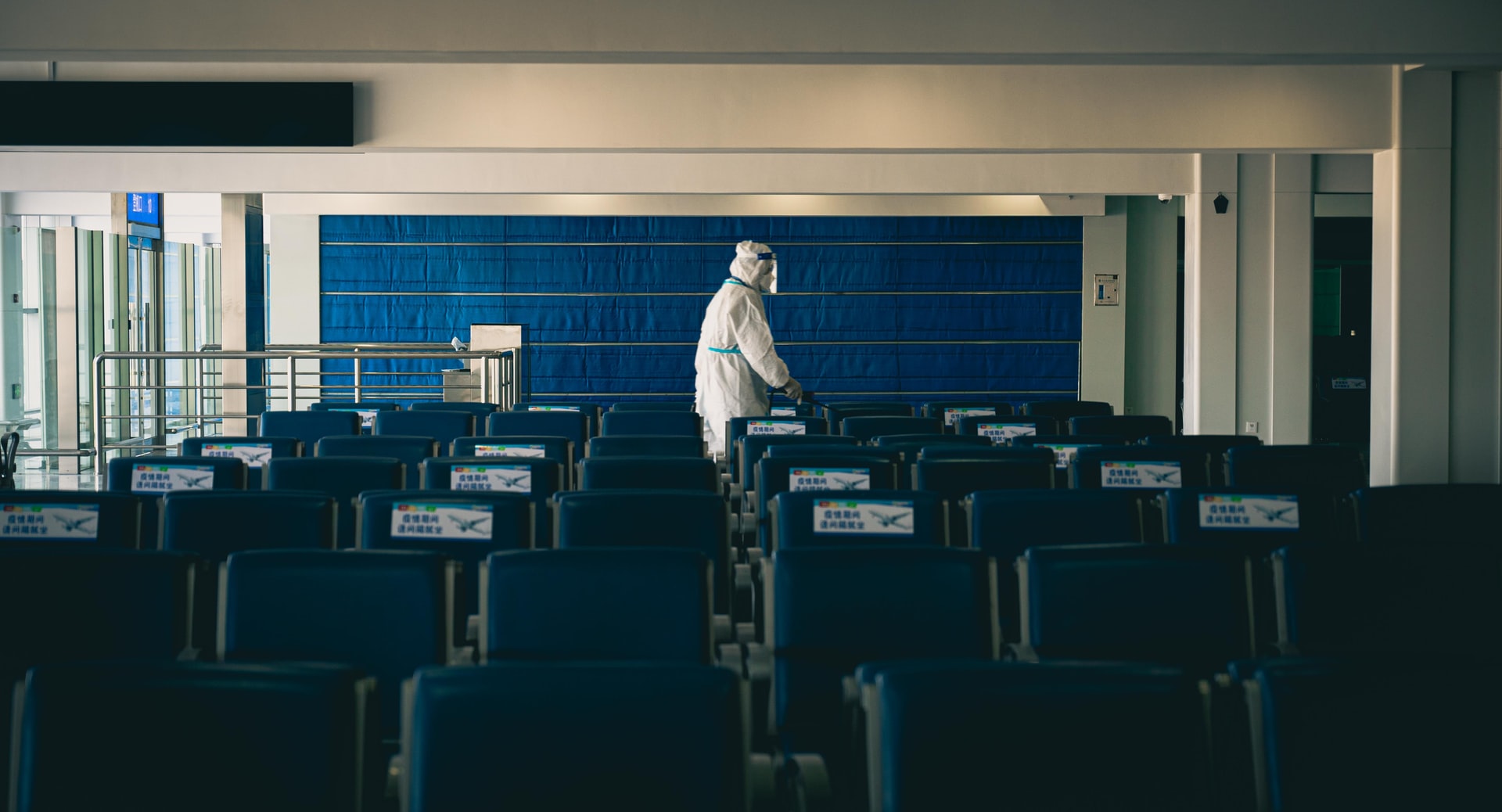The last time I visited Shanghai in 2018, the city was alive. I spent days treading its bustling streets, hand-in-hand with my grandparents. As night fell, Shanghai’s late-night barbeques and river walks kept us up till dawn. Four years later, the once-spirited cosmopolis has become a living nightmare.
My grandparents live in an apartment in Shanghai, China. Through the camera of our video calls, I see that the city I loved in 2018 has morphed into empty streets and panic behind closed doors. For the first time since the initial 2019 Covid outbreak in Wuhan, the virus has dodged the Chinese government’s strict prevention measures. In April, Covid cases skyrocketed at 20,000 new cases each day, surpassing China’s peak case count back in 2020. The virus was spreading far faster than authorities could control and a now inefficient Chinese government began to panic. Rather than attempting to manage China’s rising cases, the government has taken a far more authoritative approach: complete eradication.
On March 28, Shanghai, the world’s third largest city, was shut down. Over 25 million residents were forced to live life behind locked doors. But the Chinese government’s forced confinement places a harsh burden on vulnerable citizens like my grandparents. Seemingly overnight, my grandparents’ realities became nothing short of sickening.
For years, my grandpa has battled different neuromuscular disorders. He attends regular medical checkups to make sure his neuromuscular system is not at risk of total collapse. As the weight of old age starts to have a more extreme impact on his health, these checkups become especially critical. His body could fail at any second and being able to get treatment for that is the bare minimum. Yet, the Chinese government’s ignorant Covid policy has prevented my grandpa from seeing a doctor, even if an emergency strikes. Several people have already died in the silence of their own homes because medical treatment has become inaccessible. I fear the same will happen to Grandpa.
On top of a failing medical system, my grandparents have struggled to procure stable food. In Shanghai, residents receive food through government meal-delivery services. However, these services don’t reach every neighborhood and force some citizens to find alternative ways of staying nourished. Some days, my grandparents are lucky to receive a ration of broth and dumplings, but there have been days with no meal delivery truck in sight. The worst part is: my grandparents’ lack of technological expertise means they cannot outcompete desperate 6 A.M. online shoppers and access food through online shopping platforms.
It is also important to highlight that, along with losses in food supply and medical treatment, China’s “zero-Covid” policy has deprived its citizens of little moments of beauty. My grandma typically takes morning walks to clear her mind. She now spends her morning cooped up behind locked doors, with a daily PCR test as her only way of getting a single breath of fresh air. Even worse, my grandparents have lost their avenues of social interaction. During my 2018 visit to Shanghai, I remember seeing them laugh for hours in the community courtyard with other elders. Now, they have lost the privilege of talking with friends. For most of us, morning strolls and chatter are things we take for granted but, for people like Grandpa and Grandma, they have become the most expensive of luxuries.
On top of a failing medical system, my grandparents have struggled to procure stable food.
The evils of China’s “zero-Covid” policy extend beyond just Shanghai. All across China, families are being separated, ill patients are trapped behind padlocked doors, and young children are going to bed hungry. Once again, the Chinese government has ignored the real-life consequences of their policies and left people to suffer in darkness. As the lockdown continues, more Chinese people are fighting to preserve a basic level of physical and emotional wellness. Millions of internet users are flaming government authorities and sharing their own horror stories. Many viral videos show Shanghai residents screaming complaints from their apartment balconies. One thing is becoming very clear: Chinese civilians have had enough.
What is most upsetting is that the Chinese government does not need to inflict suffering in order to contain Covid. China is yet to approve the two most effective vaccines, Moderna and Pfizer. In addition, most elderly people have not been able to access vaccines, as authorities have given priority to working age individuals. If the government cared so much about controlling Covid, it is ironic that basic preventative measures have been ignored in favor of more life-threatening policies.
For now, all that the world can do is sit back and watch atrocities unfold. As a granddaughter of two Chinese citizens, I am scared. I am scared Grandpa and Grandma will face a medical emergency. I am scared that their frail bodies will not get proper nourishment. More than anything, I am terrified that nothing will change.
Image: Jida Li

